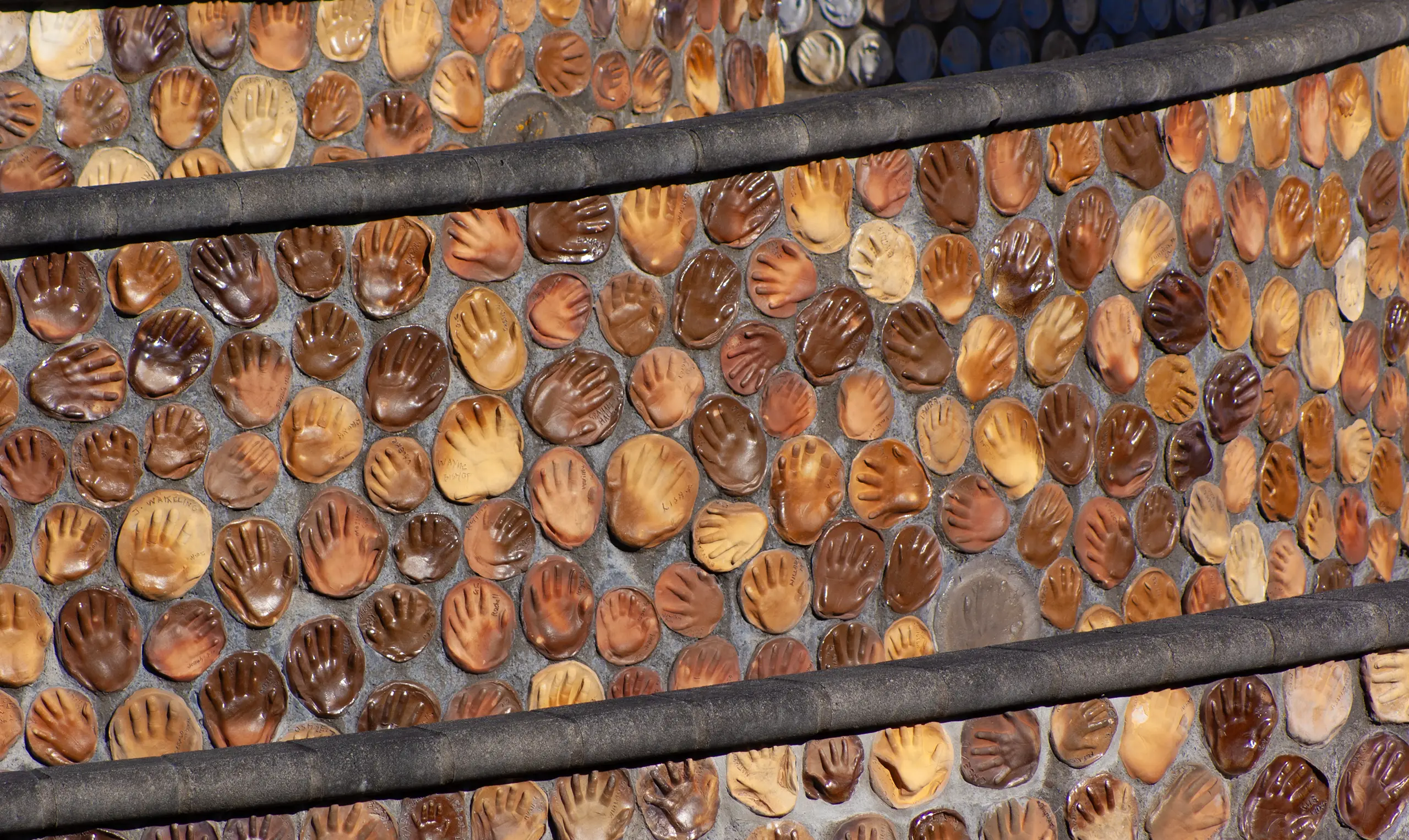

Restorative justice is a process focused on repairing maemae (harm) caused by criminal offending. It’s a way for offenders and people who have been harmed to safely talk about how to put things right.
Restorative justice is not a new process. Restorative practices have been used by Māori and other indigenous cultures around the world to address wrongdoing for centuries. This practice has been adapted and incorporated into the Aotearoa New Zealand justice system

Our facilitators guide participants through the process and create a safe space for victims (people who have been harmed) and offenders (those who have caused harm) to meet face to face. The process empowers victims to share their feelings, talk about how they have been impacted by the offending, and enables the offender to take accountability for their actions.
The process usually starts after a person who committed an offence has been charged, appeared in court and pled guilty. If the crime meets certain criteria, then the court must refer the case to restorative justice before sentencing takes place.
Most types of crimes can be referred to restorative justice. This includes driving offences that caused damage to property or another person, assault, burglary, arson, manslaughter, and murder. Family violence cases can also be referred to us.
Some cases come to restorative justice through the Police Adult Diversion Scheme. There are also a small number of ‘post-sentence’ cases where the victim and offender have said they want to participate in restorative justice after sentencing already took place.
Either way, participating in the process is voluntary and those involved can change their minds at any time. Restorative justice facilitators will not let the process continue if they believe it would not be safe for one of the parties to keep going.
Restorative justice is free, as it is funded by the Ministry of Justice and Department of Corrections.


“It was a very moving experience delivered with a lot of aroha.”

“For me personally it got answers for my kids and for the offender to realise what she has done and the damage she has done to the kids.”

“First time I’d ever done RJ and it was an amazing experience. We as a family are grateful for all your help.”

“I think it was perfectly done. It was conducted really well. It helped me a lot as a first time offender.”

“Our person was fantastic, we got a lot out of the process. The whole experience was positive and we would recommend it to anyone.”

“Wonderful job for me and the victim, and it restored us a lot. Really made me realise what I had done in the community. Everyone should do it, even if it is tough to face your victim.”